Installing Solar Market Gardens in Kalalé
For the first time, women farmers in the rural villages of Bessassi and Dunkassa in Benin, West Africa are able to grow produce during the six-month dry season, improving food security and nutrition for themselves and their families. With excess crops, the farmers are also able to increase their income by selling fruits and vegetables at the local markets. SELF’s Solar Market Garden (SMG) project has proved that solar energy can provide long-term solutions to hunger, malnutrition, and poverty.
Kalalé, located in Northern Benin, is an arid region of the country, populated with approximately 100,000 people—many of whom do not have access to the national electricity grid. The economy, as in most rural districts, is based upon agriculture, with more than 95% of the population tied to farming. With a dry season that produces little to no rainfall from November through April each year, Kalalé’s annual crop yield is easily influenced by natural conditions. If the land is parched, then the people are left hungry. As a result, malnutrition is widespread, evidenced by the children with distended bellies—a telltale sign of Kwashiorkor, a condition caused by the lack of sufficient protein and micronutrient consumption.
In 2006, SELF was first contacted by Dr. Mamoudou Setamou—a native of Kalalé, who is now a professor at Texas A&M University—who had recently participated in a council meeting to explore options for electrifying the region’s villages since the national grid would not extend to remote areas of Northern Benin for the foreseeable future. Mamoudou believed that solar power could be the answer to the needs of his people. Over the following months, SELF put together a plan to generate solar electricity for a wide range of end-issues: schools, health clinics, water pumping systems, street lighting, and wireless internet access in each of the 44 villages that comprise the Kalalé District. An on-the-ground needs assessment revealed that the first concern among the local communities was food security: finding a way to overcome the endemic lack of water and produce that results in an endless cycle of poverty and poor health.
SELF worked with Professor Dov Pasternak and the International Crops Research Institute for the Semi-Arid Tropics to engineer a solar-powered drip irrigation system that would become known as the Solar Market Garden. Finally, in November 2007, SELF partnered with the Association pour le Developpement Economique Social et Culturel de Kalalé (ADESCA) to launch a remarkable pilot project, installing three of these systems in the villages of Bessassi and Dunkassa. SELF engineers developed a 1.2 kW solar electric power supply that provides 100% of the energy for the pump.
These SMGs saved local farmers massive amounts of labor and enabled them to grow more crops—feeding their families and earning an income through the sale of excess produce. And, with the gardens maintained by women’s farming collectives, the SMGs acted as a powerful force for gender equity, as local women gained steady employment and financial independence.
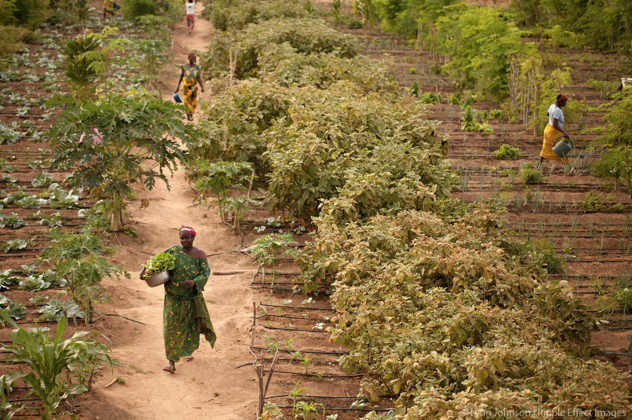
Ms. Ganigui Guera, president of the women’s farming cooperative in Dunkassa, was invited to speak about the program at an International Energy Agency event in Oslo, Norway. “Solar energy has transformed our village,” Ms. Guera said. “Thanks to our new-found ability to pump water from rivers and underground aquifers, we are able to grow food year-round. Not only are we feeding our families, we—the women of Dunkassa—are also earning extra income from the sale of fresh produce, income that we can use to pay for school fees and medical treatment.”
In 2009, Stanford University’s Program of Food Security and the Environment (FSE) conducted an economic and environmental assessment of our multi-sector intervention in Benin. FSE published its findings in the Proceedings of the National Academy of Sciences in February 2010. Researchers found that income and nutrition had significantly improved for the women and their families since SELF installed the SMGs. The study also concluded that SELF’s model was cost effective and environmentally sustainable.
SELF secured seed funding for the project by emerging as a winner in the 2006 Global Development Marketplace competition, sponsored by the World Bank. SELF was awarded a Great Energy Challenge grant from National Geographic for this work, which enabled it to move forward with a whole village electrification initiative in the villages of Bessassi and Dunkassa.
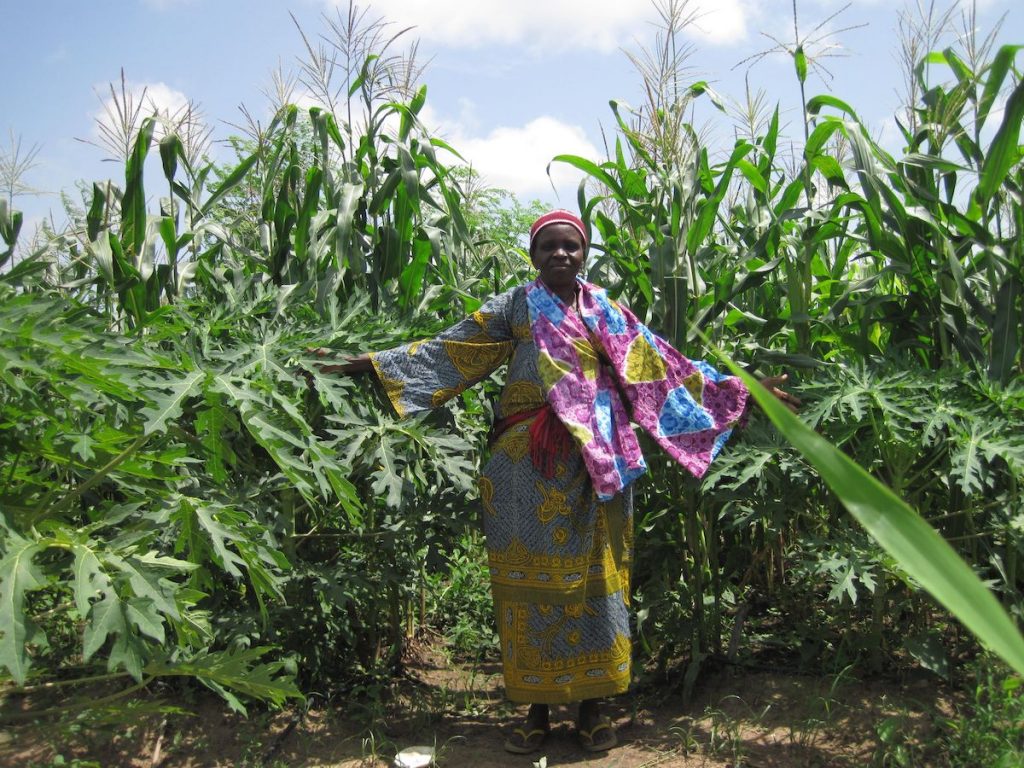
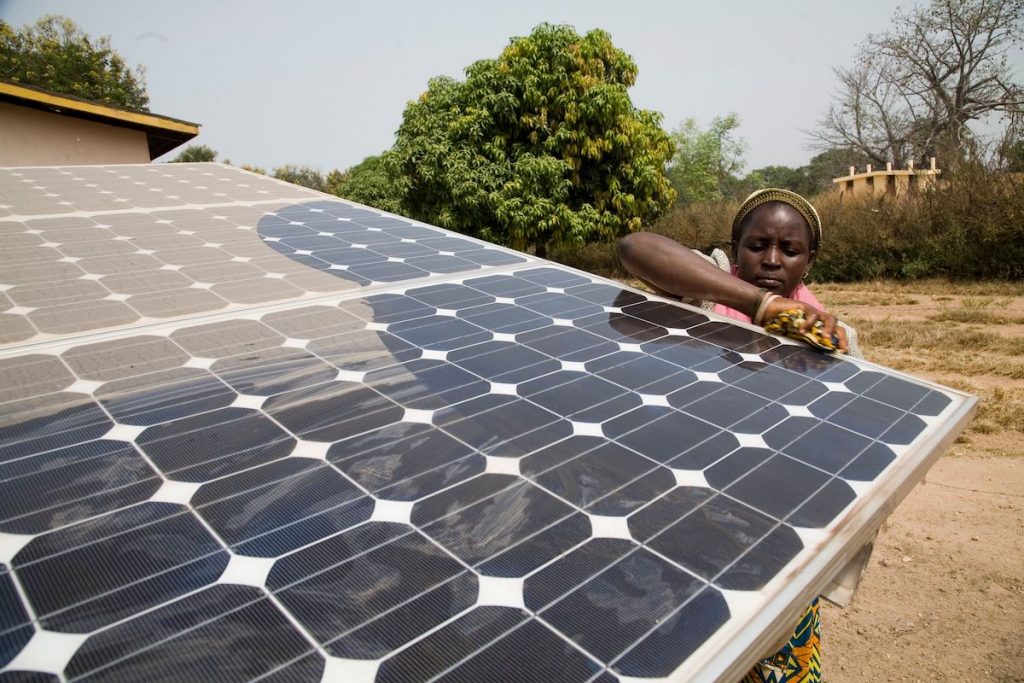
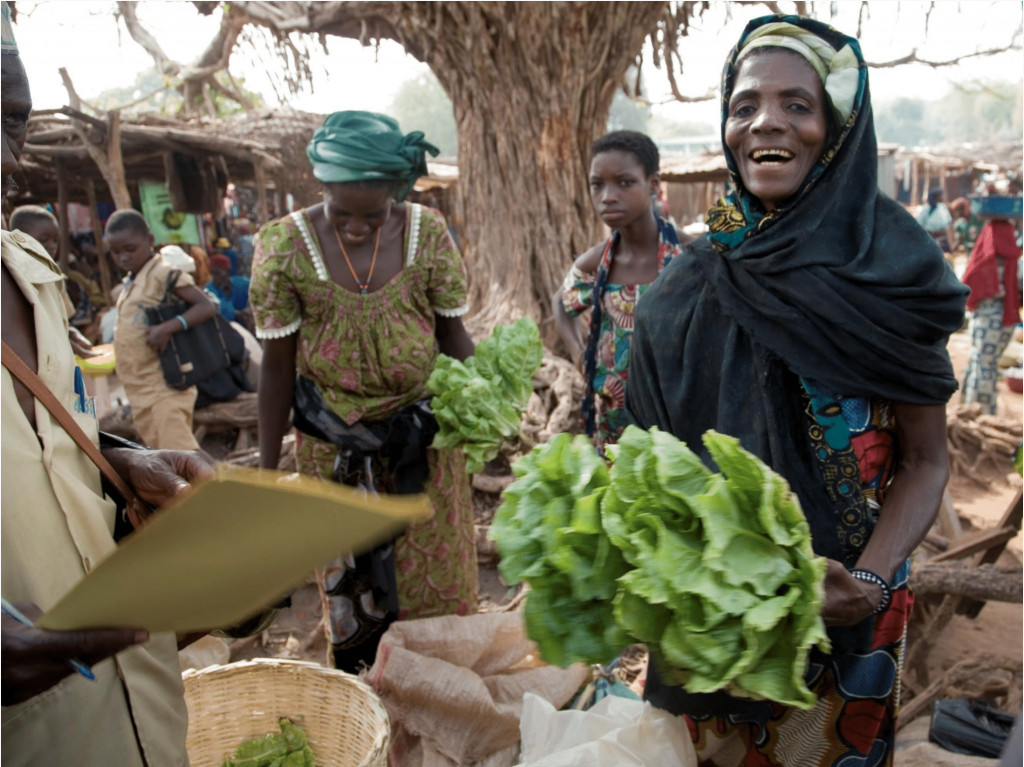
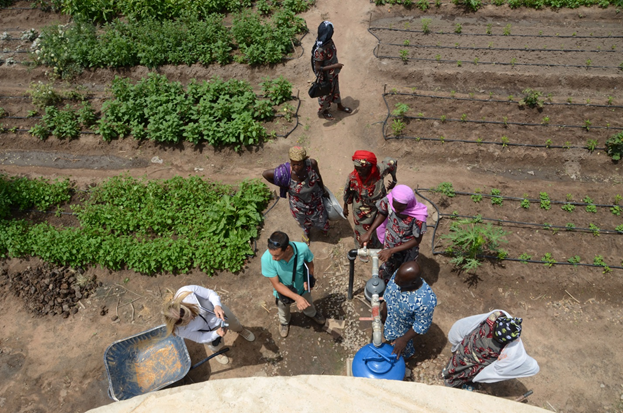
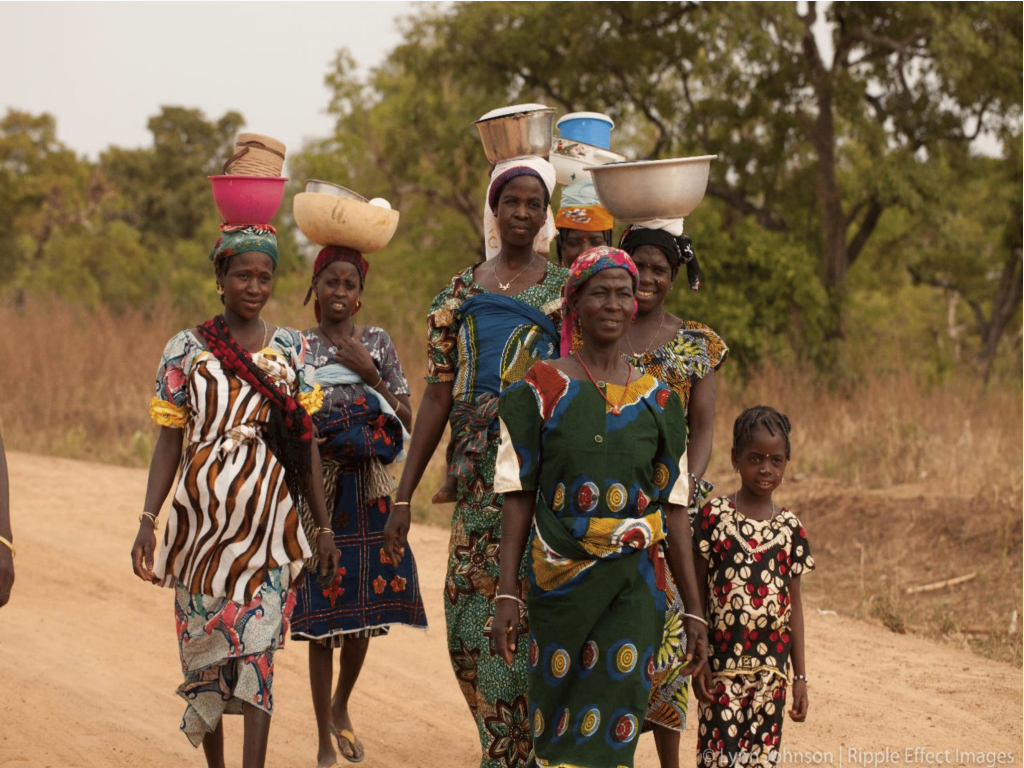
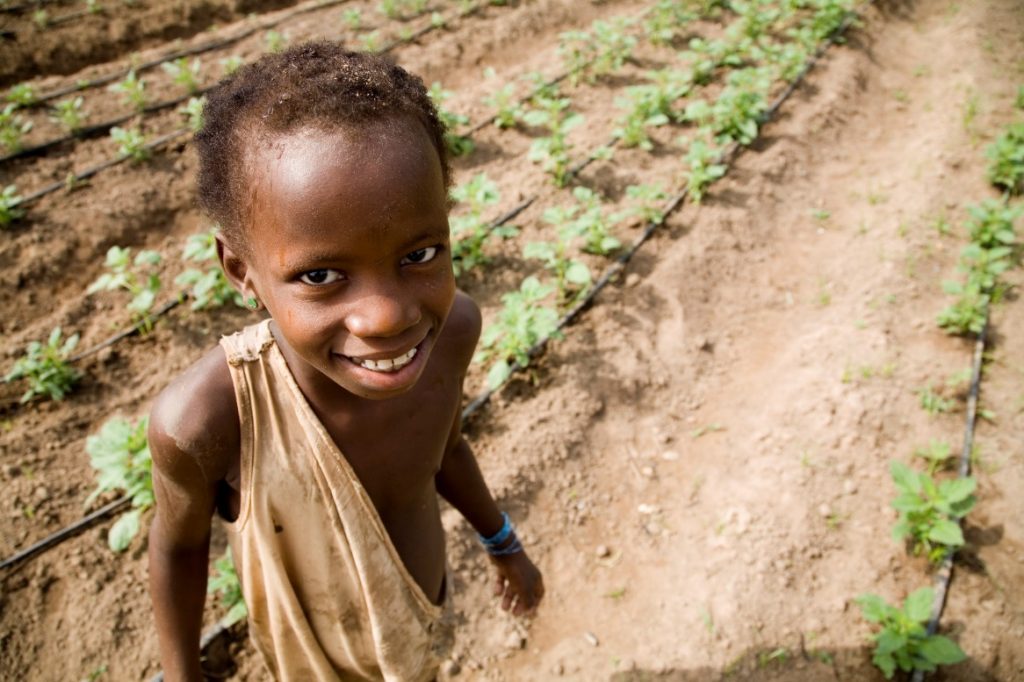


SELF is a global leader in the fight against energy poverty. Since 1990, we’ve pioneered unique applications for solar energy, powering progress on food security, health care, education, gender equity, and more.
501(c)(3) non-profit organization
EIN: 52-1701564